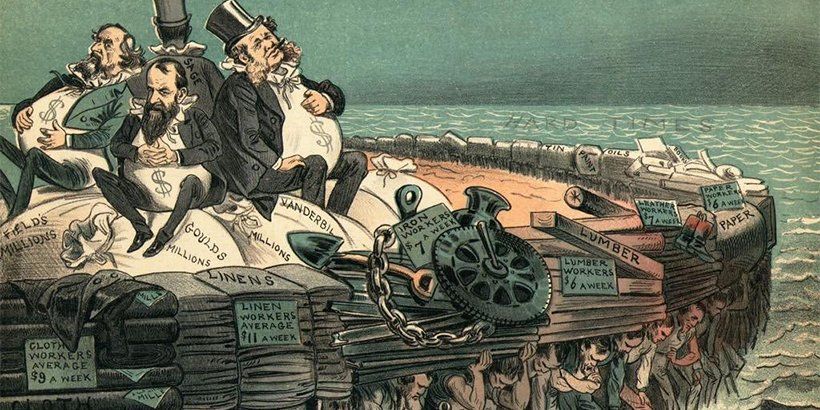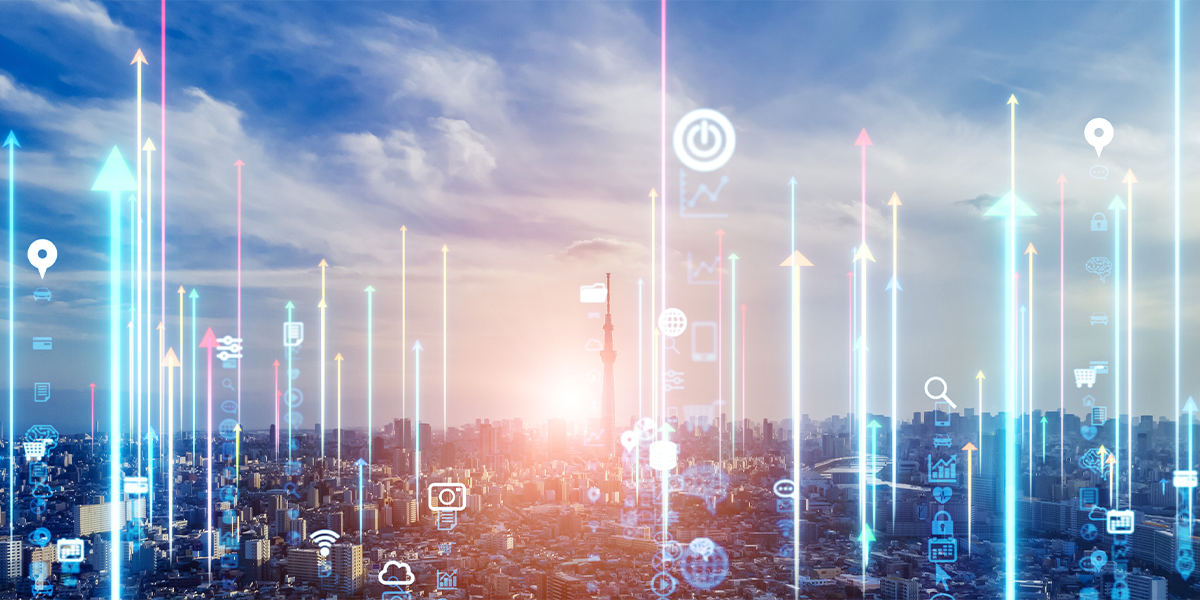The antitrust in the digital industry
After recent complaints against Big Techs, probably it's time to rethink some basic concepts like the monopoly.

According to my previous article Big Tech: from ‘Too Big to Fail’ to ‘Too Complex to Break Up’ I'm starting to think that authorities around the world are missing the point: the standard concept of monolpoly is not applicable to digital industry and probably to other economic sectors heavily driven by competitive advantages based on Schumpeter's creative desctrution.
This idea doesn't mean that antitrust is no longer relevant, but probaly not in every economic sectors and not always in the same traditional ways. Probably we need a more multi-dimensional approach.
As pointed out by James Heskett " ... In 1997, a federal judge blocked the first proposed merger of Office Depot and Staples, ending a marriage that would have reduced the number of big box office supply specialty chains to two, the other being Office Max.
In seeking to stop the merger, the Federal Trade Commission argued that “office supply superstores constitute a unique market segment” and that other office-supply competitors such as Walmart, Sam’s Warehouse, and Costco were outside the segment. As a result, the merger “would give the (new) company near-monopoly pricing power.”
Probably the Federal Judge was right.
"The nature of the monopoly? At the time, the company resulting from the merger would have had about $10 billion in sales and a dominant share of the office supply superstore industry—but only a 6 to 8 percent share of the overall office products market. I remember it well. I was the member of Office Depot’s board acting as the liaison to the Staples board on the merger matter. The case cost the two companies slightly more than $20 million to defend. (I didn’t have to recall these details; I Googled them at no cost.) Even then, however, market definition and monopoly pricing power proved to be complicated issues for regulators to address."
Fast forward
The US Department of Justice’s recent complaint charging that Google has suppressed competition in the search market through its deals with cell phone handset manufacturers, especially Apple, to ensure that Google is the default search app installed on new iphones.
That may be one reason why a private dinner at a Palo Alto restaurant between Apple CEO Tim Cook and Google CEO Sundar Pichai in March 2020 attracted so much attention. You’d have to be pretty naïve not to assume that somewhere on their menu was negotiation around Google’s annual payment to Apple for including Google’s search engine into Apple products—a payment estimated to be as much as $12 billion, or 21 percent of Apple’s profits. The larger point is that Google pays Apple large heaps of money to help it preserve its 92 percent share of the global internet search market.
The government vs. Google case will probably drag out over several years, costing American taxpayers a bundle, but a fraction of what Google can easily afford to spend to defend itself and, if necessary, provide restitution. After all, a recent European Union judgment against Google of more than $9 billion was hardly noticed by the Company’s shareholders.
Will consumers evidence even less interest in this case than in antitrust cases of the past? Unlike communications companies whose practices generate consumer ire, Google’s services, like many on the internet, are perceived as both “free” (although Shoshanna Zuboff in her recent book argued persuasively that they are not) and a great convenience. It’s the advertisers who pay the freight for Google’s search services.
Defining markets, identifying consumers, and tracing the impact of high tech intercompany “deals” on competition and resulting costs for consumers may be much more difficult now than even 20 years ago. In an information age in which the “product” is readily shared, can’t be hoarded, and is a result of a network, how will it be feasible for regulators and courts to prohibit business relationships or “break up” business strategies in which one part of the business (advertising) pays for another (search) which, in turn, generates value for advertisers? And if the end result is only a fine, how large does that fine have to be to matter?
It’s clear that antitrust is not what it used to be, at least not under current laws. Is new legislation required? If so, how likely are the appropriate committees of Congress to come forward with recommended changes? What chance do they have of becoming law?
Is antitrust just a quaint notion in the internet/Cloud age? What do you think?
by Alessio De Filippis, Founder and Cheif Executive Officer @ Libentium.
Founder and Partner of Libentium, developing projects mainly focused on Marketing and Sales innovations for different type of organizations (Multinationals, SMEs, - Start-ups).
Cross-industry experience: Media, TLC, Oil & Gas, Leisure & Travel, Biotech, ICT











